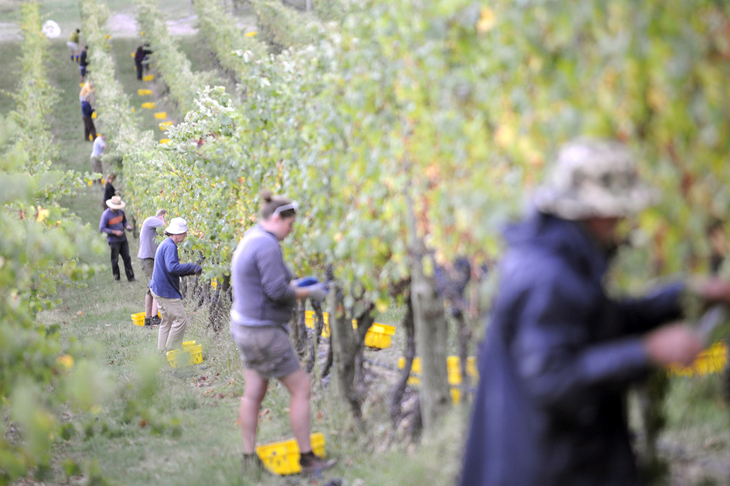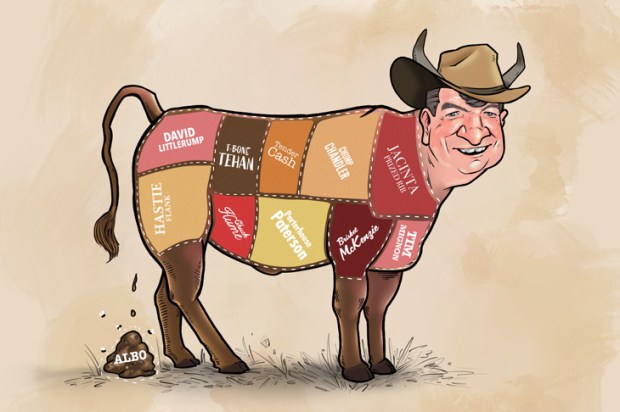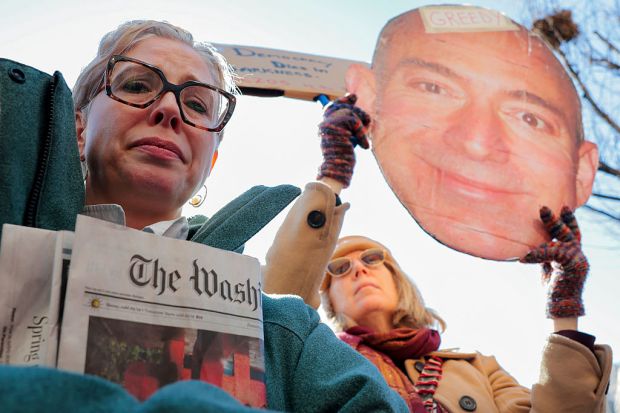Last week the ABC broadcast one of its routine, not news, news stories about the labour shortage in the bush (‘Northern Territory workforce shortages force government, industries to seek employees across globe’). Recently a Four Corners episode presented a similar story focusing on the Griffith region (‘A visit to the town of Griffith tells you everything you need to know about Australia’s worker shortage crisis’).
The ABC routinely produces stories lamenting the absence of workers in rural areas and in Darwin and is not alone in presenting such stories. A quick search of the internet reveals dozens of similar tales of woe across most media outlets.
Meanwhile, a close competitor in frequency of publication are the recurrent stories about the absence of jobs for Aboriginal Australians in rural areas. The federal and state governments have, for decades, been regularly churning out earnest reports investigating the reason why unemployment levels for Aborigines remain much higher than those of any other group in Australia. The reports routinely note that the absence of job opportunities in the bush for Aborigines is a major cause of anti-social behaviour in places such as Wadeye.
What I have been unable to find in any of the hundreds of articles and television documentaries published recently on these two topics, is anyone who attempts to seriously link the two issues. The recent Four Corners episode reported on problems in the orchard industry around Griffith where the general manager of a local orchards said, ‘There should have been 200 workers at the vast orchard, picking fruit from its half-a-million citrus trees.’ The Four Corners report continued, ‘Mr Ceccato found just 20. The award wage for fruit picking is $26.73 an hour, but Mr Ceccato pays his workers $29. He says he couldn’t find more workers even when he offered $45 an hour.’
The absence of backpackers and Pacific Island workers has undoubtedly created a crisis in the rural labour market and the question of why no one is trying to use this crisis as an opportunity to get unemployed Aboriginal youths into work requires examination. Why do horticulturalists prefer to recruit gangs of Pacific Islanders to pick fruit rather than gangs of unemployed Aborigines? Why is the NT government currently sending no less than 20 delegates from the hospitality industry to the UK and Ireland to recruit workers for the NT hospitality industry when there is, theoretically, a pool of unemployed workers already here and, more importantly, why is no one in the mainstream media addressing these questions?
The standard redneck racist answer to questions like these is that the Aborigines don’t want to work and would rather hang around in remote settlements living on welfare. A more sophisticated explanation for the reluctance to offer work to unemployed Aborigines is found in a recent parliamentary inquiry into poverty where we are told, ‘It is etched on the collective psyche of Aboriginal and Torres Strait Islander people today that social and economic exclusion was arbitrarily enforced upon us. The ramifications of this exclusion have set the platform for the tragic circumstances experienced by [Indigenous] people in Australia.’
The Diversity Council Australia published a major report last year in which it said that high unemployment among rural Aborigines is due to several reasons including racism and the lack of culturally safe workplaces. (‘Gari Yala Speak The Truth’). To remedy this situation the authors suggested a variety of approaches including, ‘Consult with Indigenous staff on how to minimise cultural load while maintaining organisational activity’, ‘Recognise and remunerate cultural load as part of an employee’s workload’, and ‘Recognise identity strain and educate non-Indigenous staff about how to interact with their Indigenous colleagues in ways that reduce this’.
The fact that employers have to remain mindful of ‘identity strain’ and ‘cultural load’ should they wish to employ Aboriginal staff to pick oranges might go some way to explaining why Pacific Islanders and backpackers are preferred employees.
I can find no evidence that any of the thousands of academics, government officials and Land Council officials whose job it is to solve the issue of rural Aboriginal unemployment has suggested putting together teams of Aboriginal fruit pickers to gather experience in the horticultural industry. This is despite the fact that it offers a unique opportunity to enable unemployed Aboriginal youths to gain work experience and an income.
Instead, the whole of government approach to solving the problem of labour shortages in rural and regional Australia is twofold. Firstly the Pacific Australia Labour Mobility scheme which, now that Covid is behind us, aims to bring even more unskilled and semi-skilled workers to Australia and, secondly, a decision to increase by 30 per cent the number of working holiday visas issued to backpackers.
It is difficult to accept that no one, from all the relevant expert bodies, has considered using unemployed Aboriginal youths to fill the current labour shortage. Possibly the experts are all racist and believe it is a waste of time trying to get Aboriginals involved in low-skilled seasonal work. Possibly they recognise that the challenges involved in creating culturally safe workplaces in orchards are insuperable.
But the failure to link the two issues of rural Aboriginal unemployment and the desperate shortage of unskilled labour in rural enterprises speaks volumes about the hypocrisy and dishonesty in the debates emanating from people who make a living in the Aboriginal grievance industry. Possibly they are all too busy fighting for the establishment of the Voice to focus on concrete steps to get Aboriginal youths into the workforce. Possibly they believe that until culturally safe workplaces are established, it is too dangerous for young Aboriginals to earn a living.
The endless supply of ‘sit-down money’ has to be replaced by a get-up program which will teach the young adults in remote communities less about traditional culture and more about the psychological value of being able to support a family. The story of Nabi Baqiri, the illiterate Afghan refugee who arrived with nothing and is now a multi-millionaire part-owner of several orchards, should be better known.
He shows what can be achieved in this country and, instead of the hoo-ha of establishing a Voice to parliament, his voice is one we should all listen to.
Got something to add? Join the discussion and comment below.
You might disagree with half of it, but you’ll enjoy reading all of it. Try your first month for free, then just $2 a week for the remainder of your first year.













